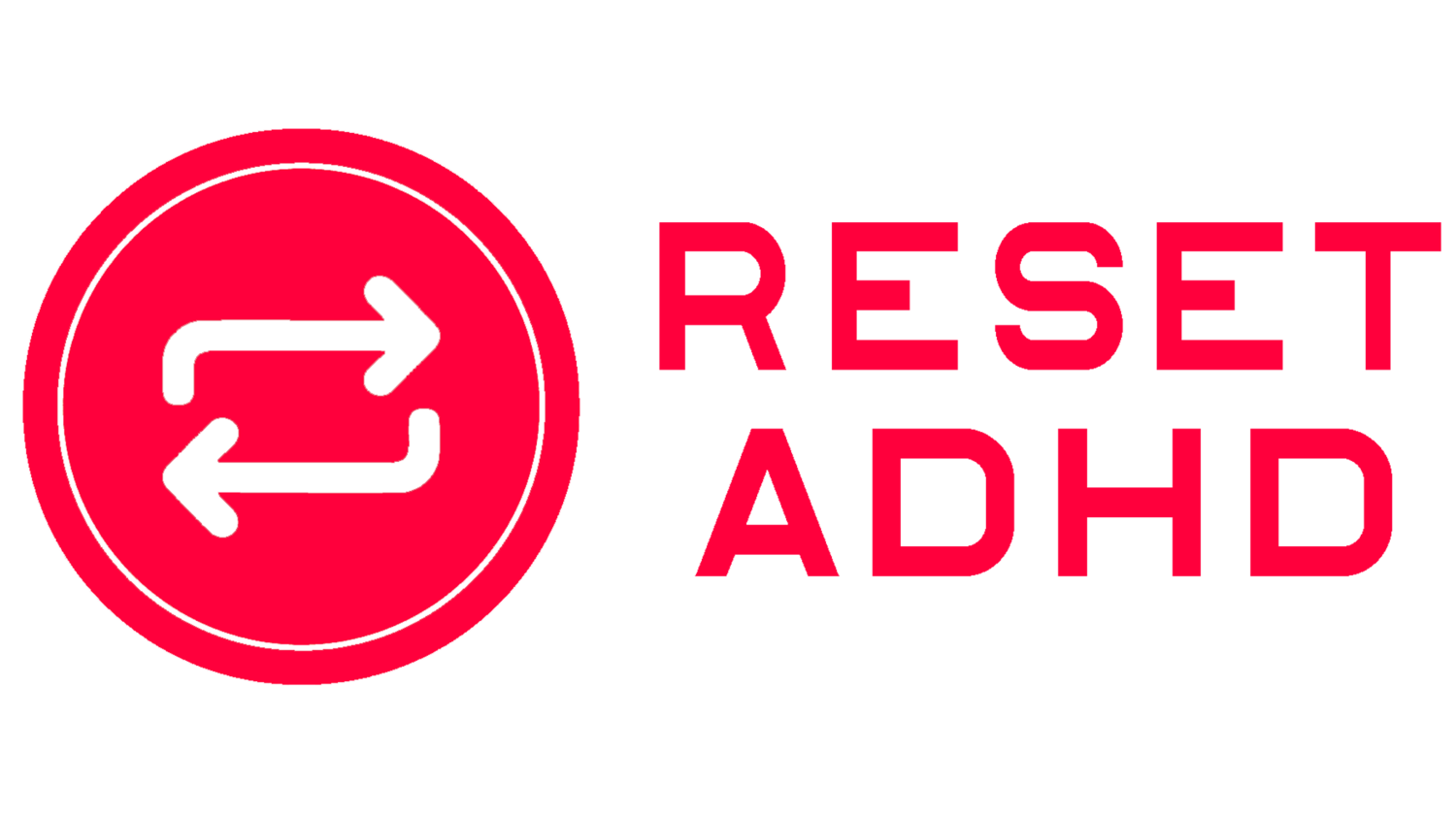ADHD and OCD
As mentioned on this blog before, ADHD often comes with “tagalongs.” One possibility for a co-morbid condition is Obsessive Compulsive Disorder (OCD). According to an article written by Amitai Abramovitch, Ph.D. and Andrew Mittelman on the International OCD Foundation website, “over 35 studies have reported that an average of 21% of children and 8.5% of adults with OCD actually have ADHD as well.” The overlap of symptoms, behaviors, and outcomes can make differential diagnosis difficult. This means it can be difficult to know if one has ADHD or OCD or both. Read on to learn more about these disorders, as well as the similarities and differences between the two.
What Is OCD?
Those with OCD have obsessions and/or compulsions. According to an article by Dr. Roberto Olivardia, “Obsessions can include recurrent, persistent thoughts, visions, and impulses that are experienced as intrusive and inappropriate, and which cause marked anxiety and distress to the individual,” and “Compulsions can include repetitive behaviors (e.g., hand washing, ordering objects, checking) or mental acts (e.g., praying, counting, repeating words silently) that the individual feels driven to perform in response to an obsession, or according to rules that must be applied rigidly.” Lastly, be aware that being finicky is not the same as having OCD. You can be set in your ways and not have OCD. If you have obsessions and/or compulsions, you might have OCD.
What Is ADHD?
I am assuming most of my readers know what ADHD is, so I won’t spend much time on it. I have already written a blog post detailing what ADHD is. If you need a refresher, click here.
Similarities
Those with ADHD and those with OCD both exhibit frontostriatal system abnormalities. However, these abnormalities are opposite in effect.
Executive functions are impaired in those with ADHD and those with OCD. ADHDers have all sorts of executive dysfunction. Those with OCD have their brain filled up with obsessions and/or compulsions, leaving little room for executive functions. Both conditions make it hard to stay on task and accomplish one’s goals.
Differences
These two conditions are distinct, despite executive function challenges. Abramovitch and Mittelman state “ADHD is considered be an externalizing disorder, meaning it affects how people outwardly relate to their environment.” Whereas, OCD “is characterized as an internalizing disorder, meaning individuals with OCD respond to anxiety producing environments by turning inward.” In other words, the symptoms of ADHD are seen more, and the challenges of OCD are an internal struggle, often only noticed when the internal characteristics cause productivity decreases or an increase in certain counterproductive behaviors. Furthermore, those with OCD are more inhibited than those with ADHD. They do not have the same level of impulsivity. Those with ADHD do actions without thinking much. They are impulsive. Whereas, the behaviors caused by OCD are overly thought about. They are done to relieve the anxiety caused by OCD thoughts.
Takeaways
The symptoms of ADHD and OCD can be seen as opposites, but they can co-occur. Moreover, they both can cause problems with executive functions. Learning the difference between the two for the purposes of diagnosis can be tricky. If you suspect you have ADHD and/or OCD, talk to your mental health care team for a thorough look into this possibility.
